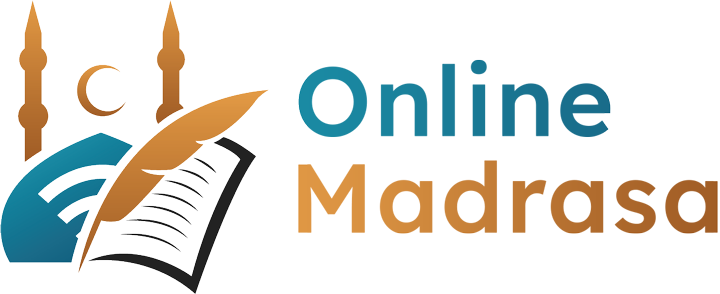
Junior Level Course
Faqs
What age group is the Islamic Junior Level Course designed for?
The Islamic Junior Level Course is designed for young learners in Grades 1-6, typically ranging from ages 6 to 12. It provides a strong foundation in Islamic principles, history, and ethics.
What subjects are covered in the Islamic Junior Level Course?
The course covers essential subjects such as Aqaaid (Islamic beliefs), Akhlaaq (Islamic manners), Fiqh (Islamic jurisprudence), Islamic History, Hadeeth (sayings of the Prophet Muhammad ﷺ), Ahadeeth wal Akhlaaq (Prophetic conduct), Essential Duas, Yassarnal Qur’aan (Quranic recitation), Juz Amma, and 100 Sunnats (practices of the Prophet).
How does the Islamic Junior Level Course help in Quranic learning?
The course includes lessons on Yassarnal Qur’aan, where students learn the fundamentals of Arabic and Quranic recitation. Additionally, they study Juz Amma, which helps them develop recitation skills and understand ethical and moral values in the Quran.
Is there a focus on Islamic ethics and manners in the course?
Yes, the course places significant emphasis on teaching Islamic manners (Akhlaaq) and ethics. Students learn about the conduct of the Holy Prophet ﷺ through Hadeeth and are encouraged to incorporate these teachings into their daily lives.
Can my child start the course with no prior Islamic education?
Absolutely! The Islamic Junior Level Course is designed to introduce young minds to the fundamentals of Islam, making it suitable for beginners. The lessons are engaging and tailored to help children develop a love for learning and a deep appreciation for Islamic values.
